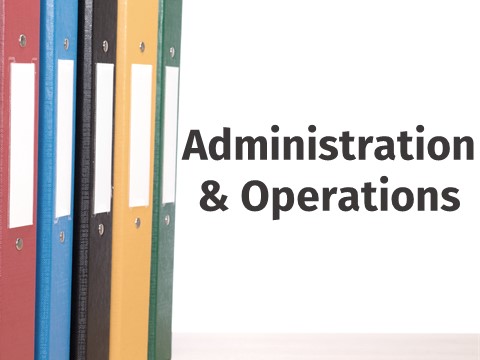Making Potable Water Available
July 20, 2016

Summary
Safe drinking water for children in care is of utmost importance. The vast majority of institutions incur zero to little cost to provide potable water. For those that need to have their water tested, contact your local health department agency or public water provider to locate a certified lab to test for contaminants. In that case, providers may have “allowable use of nonprofit food service account funds if the costs are determined to be reasonable, necessary, and allowable to the Federal meal programs.”
Remember, nonprofit food service account funds may not be used to improve plumbing because it would add permanent value to the building and that cost should be paid for by the school district or childcare facility’s general fund. Filtering systems may be allowed but primarily on a case-by-case basis.
Additional information
Attached to this memo are links to resources Program operators can access to learn more about safe drinking water and testing for lead and other contaminants, and to obtain additional technical assistance.
Why It Matters
Adequate water intake is important to the health of all children. This rule makes hydration easier to provide for childcare centers and homes and outlines the financial steps to secure safe drinking water in all facilities.
Check out Resources for Making Potable Water Available in Schools and Child Care Facilities (CACFP 18 – 2016) for more information.
